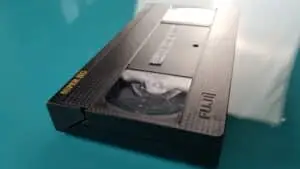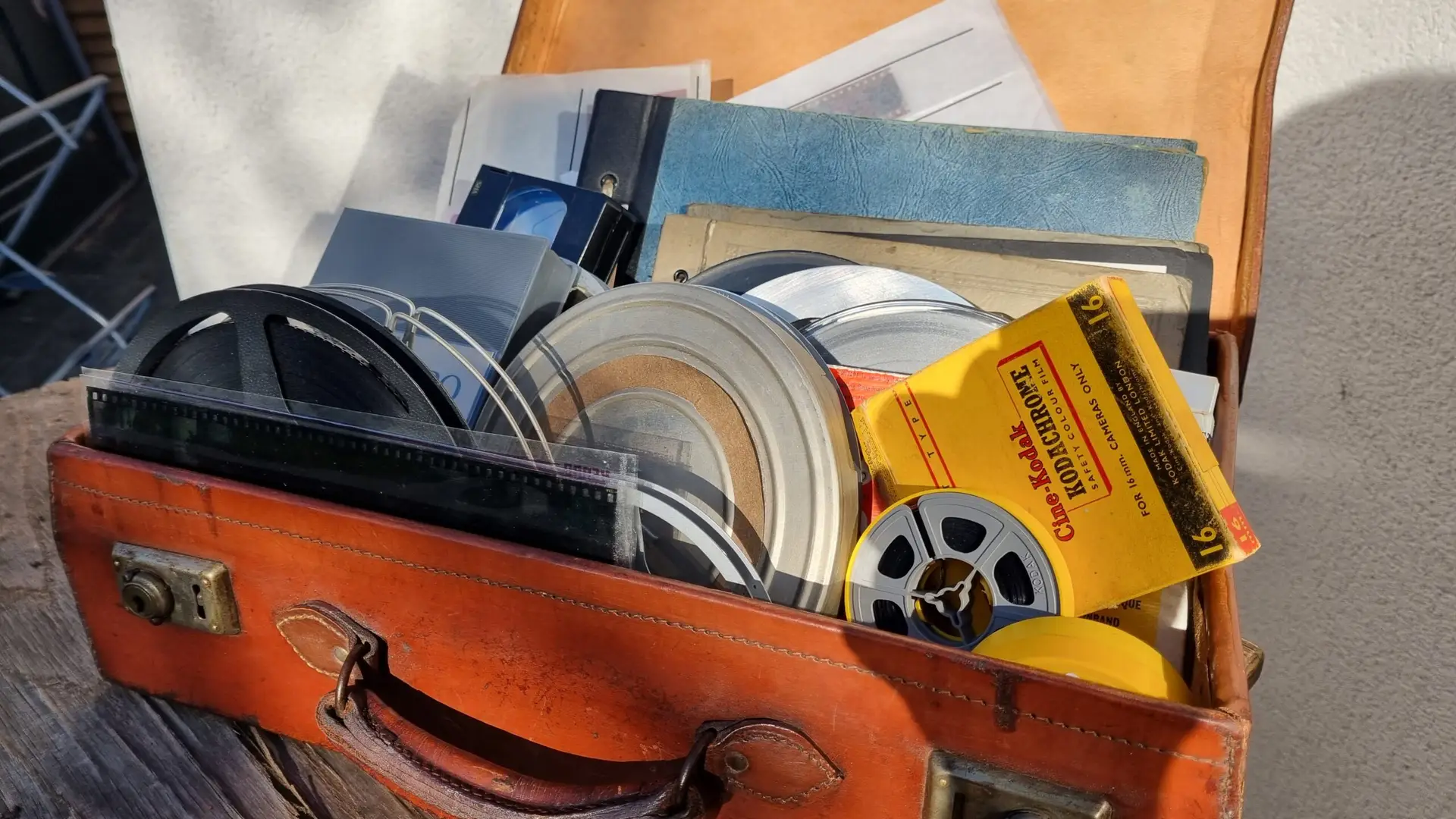


In today’s digital age, the importance of archiving memories and old media formats cannot be overstated. As technology continues to evolve at a rapid pace, the formats that once held our cherished moments are at risk of becoming obsolete, potentially leading to the permanent loss of invaluable personal and cultural heritage. Archiving these memories is not just about preserving the past; it’s about ensuring that future generations can access, appreciate, and learn from these historical artefacts.
Firstly, archiving memories allows us to maintain a tangible connection to our personal history. Old photographs, videos, and audio recordings capture moments in time that tell the story of our lives. These pieces of media serve as a window into our past, providing a sense of continuity and identity. They remind us of where we come from and how our experiences have shaped who we are today. By preserving these memories, we ensure that our stories are not forgotten and can be shared with our descendants.
Furthermore, archiving old media formats is essential for safeguarding against technological obsolescence. Many of us have boxes of VHS tapes, cassette recordings, and film negatives that are becoming increasingly difficult to access due to the decline of playback equipment. Transferring these materials to digital formats not only preserves their content but also makes them more accessible and easier to share. Digital archiving also allows for easier duplication and distribution, ensuring that multiple copies exist in case of data loss or corruption.
In addition to personal reasons, archiving has significant cultural and historical value. Old media formats often contain recordings of events, traditions, and practices that are part of our collective heritage. These artefacts provide invaluable insights into the past, offering researchers, historians, and the general public a rich resource for understanding how societies and cultures have evolved. By preserving these materials, we contribute to the broader effort of documenting human history, enriching our understanding of the world and its diverse narratives.
Moreover, archiving can be a proactive measure against the inevitable decay of physical media. Over time, materials such as film, tape, and paper degrade, leading to the potential loss of the information they hold. Environmental factors like humidity, temperature, and light exposure can accelerate this process. Digitising these materials not only preserves their content but also allows for restoration and enhancement, improving their quality and extending their lifespan.
In conclusion, archiving memories and old media formats is a vital practice for both personal and collective reasons. It ensures that our personal histories are preserved, protects against the loss of important cultural artefacts, and guards against the obsolescence of older technologies. By taking steps to archive these memories, we honour our past and ensure that its stories and lessons remain accessible to future generations. In a world where the present moves quickly, preserving the past is an act of respect, reflection, and resilience.